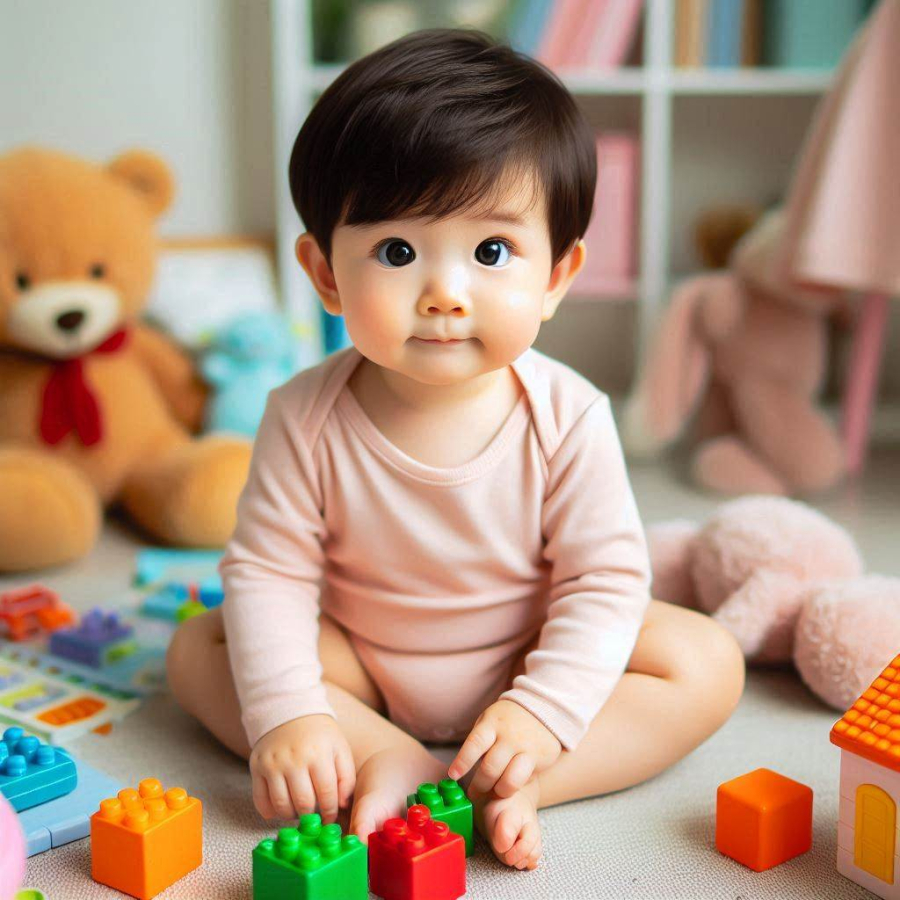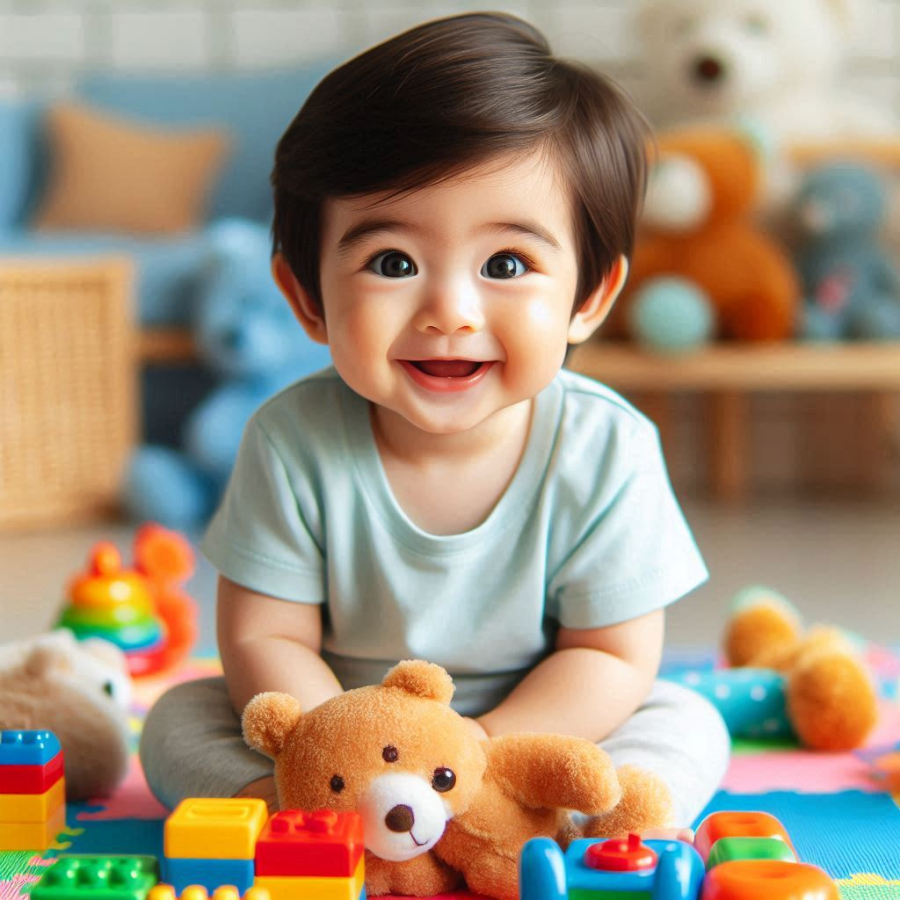There is a common belief that a child’s IQ can be assessed through physical features, with larger ears being associated with higher intelligence and a predisposition for excellence in the arts and sciences. However, this notion is not scientifically substantiated. While physical attributes like ear size may be genetically influenced, a child’s IQ is determined by a multitude of factors, including nutrition, education, and environment, which play a significant role in cognitive development.
The assumption that IQ can be gauged based on physical characteristics, such as ear size, remains scientifically unconfirmed. A child’s IQ is influenced by a multitude of factors, and nutrition is paramount during the early stages of brain development. Additionally, the learning environment and parenting methods significantly impact a child’s cognitive abilities and creativity.

The correlation between ear size and IQ remains a scientific uncertainty
It’s important to note that excellence in the arts and sciences is not exclusively linked to a high IQ. Every child possesses unique potentials and strengths that require holistic exploration and development. Assessing a child’s IQ or abilities should be based on diverse criteria rather than solely physical appearance or any single factor. Creating an enriching environment that fosters their maximum potential is of utmost importance.
Observationally, children with high IQs often exhibit three distinctive behaviors in their daily lives.
Playfulness and Mischievousness
Parents may find themselves complaining about their children’s playful and mischievous behaviors, such as plucking flowers or scattering belongings. However, these actions signify a strong curiosity and a desire to explore and experiment. Rather than immediately dismissing these behaviors as negative, it is essential to understand that they stem from a child’s innate curiosity, thirst for knowledge, and eagerness to engage with their surroundings.
Children who exhibit such behaviors are often found to have higher IQs, enhanced creative abilities, and superior logical thinking skills compared to their peers. In this scenario, it is beneficial to provide children with the freedom to explore and satisfy their curiosity. Patience, encouragement, and guidance toward productive activities will contribute to their holistic development, encompassing both intellectual and character growth.

Playfulness is often associated with higher intellectual capabilities
Laughter and Cheerfulness
Children who laugh and engage in cheerful interactions possess keen perception and quick responsiveness. Laughter signifies more than just happiness; it indicates positive mental and physical development. Research suggests that laughter stimulates the release of dopamine and serotonin, enhancing mood and overall well-being. This not only brings immediate joy but also fosters a conducive environment for learning and cognitive development.
Additionally, laughter serves as a means for children to connect and interact with those around them. When parents and caregivers reciprocate with joy and encouragement, it fosters a positive and stable family dynamic. Creating a lighthearted atmosphere and engaging in playful interactions with children can stimulate the robust development of neural connections in their brains.
However, it is essential to remember that each child is unique in their temperament and needs. Constant teasing may not be suitable for all children. Parents should observe and adjust their approach accordingly, striving to create a joyful, friendly environment that naturally encourages their children’s potential.

Laughter enhances brain function, according to research
Abundance of Energy
A child with robust health and boundless energy is likely to exhibit superior intellectual development. Energetic children tend to have efficient metabolic processes and effective nutrient absorption, ensuring sufficient energy and essential nutrients for brain development.
These children often demonstrate better concentration and attention during learning, coupled with a strong motivation to explore, learn, and solve problems. Their positive emotions and cheerful dispositions further promote brain development, particularly in regions associated with memory, learning, and creativity.
Additionally, providing stimulating experiences and encouraging exploration of the surroundings play a vital role in fostering their intellectual growth. Engaging in activities that stimulate the senses and evoke positive emotions help establish and reinforce neural connections, thereby enhancing IQ and cognitive abilities. With proper care, nurturing, and education, every child can maximize their potential.





































